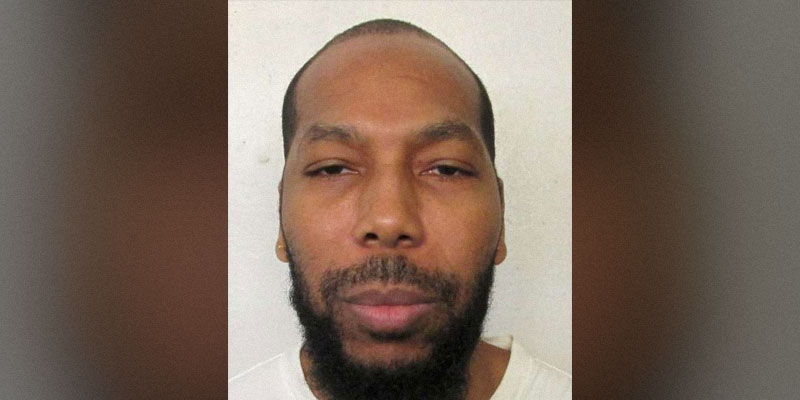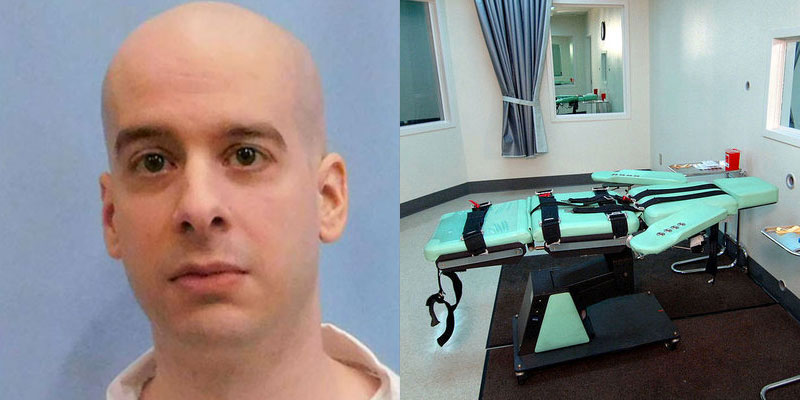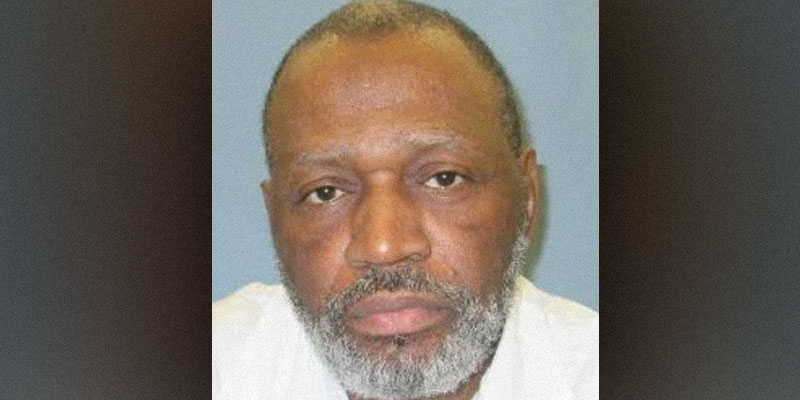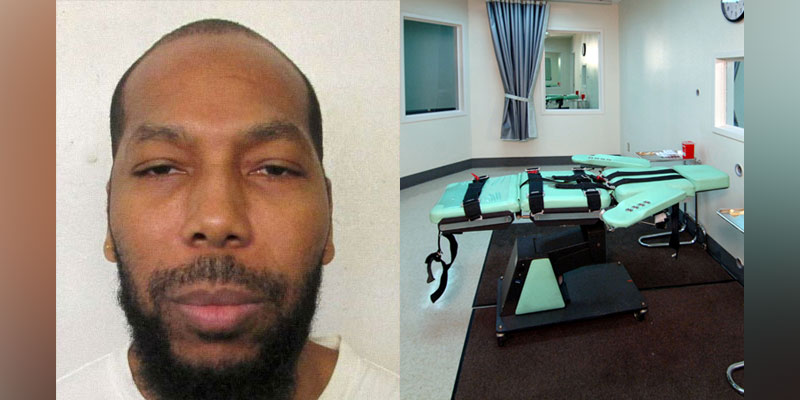A Muslim inmate scheduled to be executed next week in Alabama said the state is violating his rights by requiring a Christian prison chaplain to stand near him as he is put to death, according to a lawsuit filed this week.
Dominique Ray is scheduled to be executed Feb. 7 for the fatal stabbing of 15-year-old Tiffany Harville in 1995. Attorneys for the 42-year-old inmate have asked a federal judge in the suit filed Monday to stay his execution while the court considers his claim.
Attorneys for Ray said the prison warden refused Ray’s request to have a Muslim imam stand in the execution chamber instead of the prison chaplain during the planned lethal injection.
They said the warden also refused his request to not have the chaplain present during his execution.
While condemned Alabama inmates can visit with their own spiritual adviser before an execution — and have that person witness the execution from an adjoining room— only a correctional officer and the prison chaplain have been in the death chamber with the inmate during recent executions in Alabama.
Ray’s attorneys said the chaplain’s “mandatory presence in the execution chamber can serve only one interest — an unconstitutional one — safeguarding the soul or spiritual health of the condemned inmate in the Christian belief system.”
Department of Corrections spokesman Bob Horton wrote in an email that the department has rules about who is allowed in the death chamber.
“The Alabama Department of Corrections follows a protocol that only allows approved correctional officials, that includes the prison’s chaplain, to be inside the chamber where executions are lawfully carried out,” Horton wrote.
Horton said “the presence of the prison’s chaplain in the chamber follows department protocol regardless of the chaplain’s spiritual belief or that of the inmate.”
The inmate’s spiritual adviser can witness the execution through the glass window of an adjoining room, Horton said.
Ray’s lawyers had unsuccessfully sought a new trial, saying prosecutors did not disclose records that showed a key witness was suffering from symptoms of schizophrenia before he testified against Ray.
Harville disappeared from her Selma home in July of 1995. Her decomposing body was found a month later in a field.
Ray was convicted in 1999 after co-defendant Marcus Owden told police that they had picked the girl up for a night out on the town and then raped her.
Owden said Ray cut the girl’s throat and they also took the girl’s purse, which had $6 or $7 in it.
Owden pleaded guilty to murder, testified against Ray and is serving a life sentence without parole.
(Associated Press, copyright 2018)
Sign-up now for our daily newsletter and never miss another article from Yellowhammer News.











